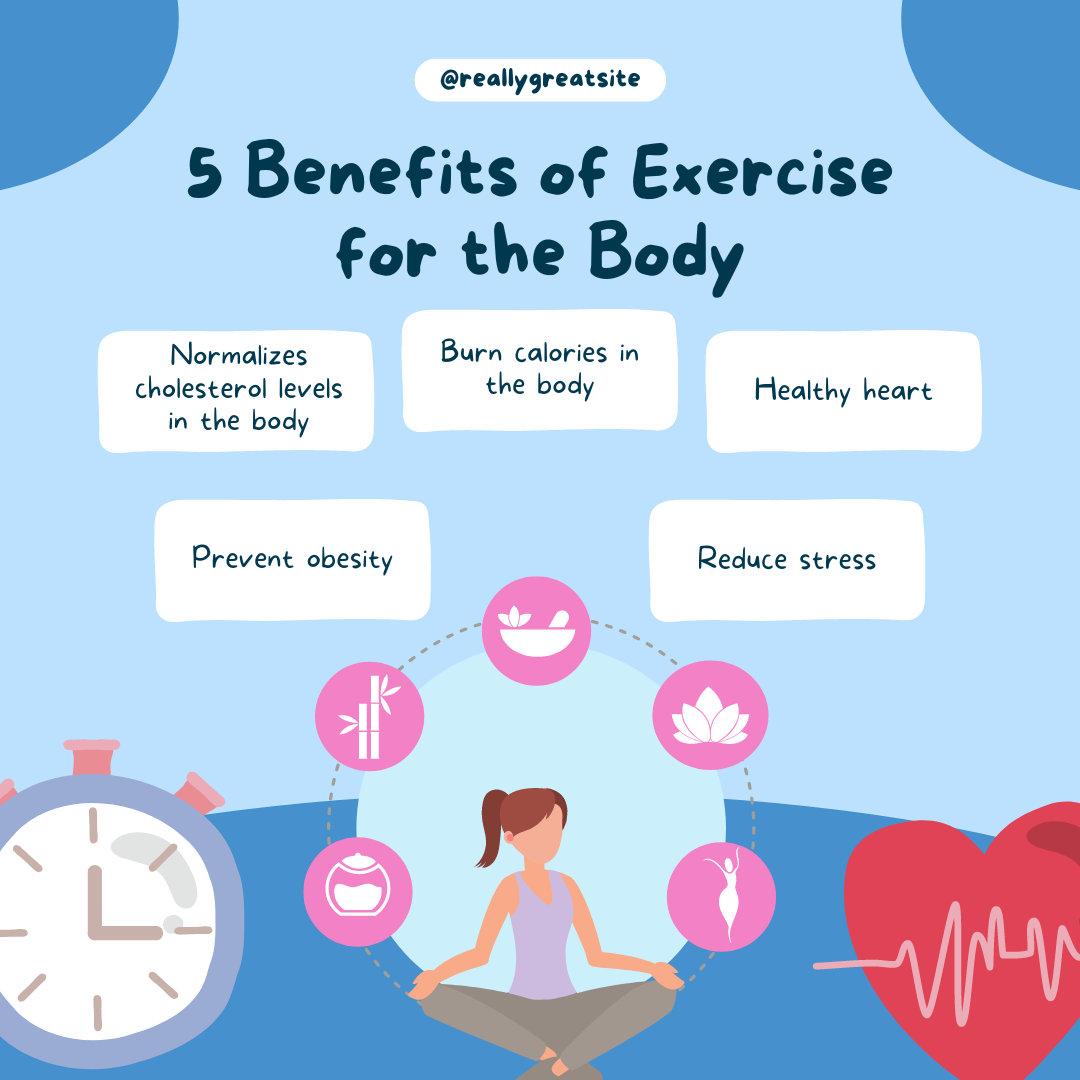Can healthy eating reverse heart disease?
Are you ready to take control of your heart health and potentially reverse the effects of heart disease through the power of healthy eating? In a world where myths and misconceptions often cloud our understanding, it's time to uncover the truth about how a nutrient-rich diet can play a pivotal role in both preventing and managing heart disease. Join us on this insightful journey as we explore key nutrients, delicious foods, and practical tips to help you embrace a heart-healthy lifestyle that may just change the game for your cardiovascular well-being.
Debunking common myths and misconceptions about heart disease and diet
Let's kick things off by debunking some of the common myths and misconceptions surrounding heart disease and diet. One prevalent myth is that all fats are bad for your heart, but the truth is not all fats are created equal. Healthy fats, like those found in avocados and nuts, can actually benefit your heart health.
Another misconception is that a single superfood can magically cure heart disease – while certain foods may offer benefits, it's the overall dietary pattern that matters most. Additionally, there's a belief that only drastic diets can make a difference when in reality, small changes over time can lead to significant improvements in heart health.
Lastly, the idea that healthy eating has to be bland or boring couldn't be further from the truth! With a variety of flavorful fruits, vegetables, whole grains, and lean proteins at your disposal, eating for your heart can be both delicious and satisfying.
Understanding the role of a healthy diet in preventing and managing heart disease
When it comes to heart disease, the role of a healthy diet cannot be overstated. Consuming nutrient-dense foods can significantly impact your heart health in a positive way. A diet rich in fruits, vegetables, whole grains, lean proteins, and healthy fats is key to preventing and managing heart disease.
Foods like berries, leafy greens, nuts, seeds, fatty fish like salmon or mackerel are packed with antioxidants and omega-3 fatty acids that promote heart health. On the other hand, processed foods high in trans fats, sugar and sodium should be limited as they can contribute to inflammation and plaque buildup in the arteries.
By making conscious choices about what you eat daily, you have the power to protect your heart from various risk factors associated with heart disease. Making small but impactful changes to your dietary habits can go a long way in safeguarding your cardiovascular health for years to come.

Key nutrients and foods that can aid in reversing heart disease
When it comes to reversing heart disease through diet, incorporating key nutrients and foods can make a significant impact on your health. Antioxidants like Vitamin C and E found in fruits such as berries, oranges, and nuts help reduce inflammation in the arteries.
Omega-3 fatty acids from sources like salmon, flaxseeds, and walnuts are beneficial for heart health by lowering triglycerides and blood pressure levels. Fiber-rich foods like whole grains, legumes, and vegetables help in reducing cholesterol levels and improving overall heart function.
Potassium-rich foods such as bananas, sweet potatoes, and spinach play a crucial role in regulating blood pressure. Garlic is known for its cardiovascular benefits due to its ability to improve circulation and lower cholesterol.
Incorporating these nutrient-dense foods into your diet can aid in reversing heart disease while promoting overall well-being.
Sample meal plan for a heart-healthy diet
Planning meals that support heart health doesn't have to be complicated. Start your day with a nutritious breakfast like oatmeal topped with fresh berries and a sprinkle of chia seeds for added omega-3 fatty acids.
For lunch, opt for a colorful salad packed with leafy greens, tomatoes, cucumbers, and grilled chicken or tofu for protein. Dress it with a light vinaigrette made from olive oil and balsamic vinegar.
Snack on mixed nuts or carrot sticks dipped in hummus to keep hunger at bay between meals.
Dinner can be simple yet satisfying – think baked salmon seasoned with herbs alongside quinoa and steamed broccoli drizzled with lemon juice.
Remember to stay hydrated throughout the day by sipping on water or herbal teas instead of sugary beverages. With mindful meal planning, you can nourish your body while promoting heart health effortlessly!
Tips for incorporating more plant-based foods into your diet
Transitioning to a more plant-based diet can significantly benefit your heart health. Start by incorporating colorful fruits and vegetables into every meal - think vibrant salads, smoothie bowls, and roasted veggie dishes. Experiment with different cooking methods like steaming, grilling, or stir-frying to enhance flavors.
Explore the variety of legumes such as beans, lentils, and chickpeas for a good source of protein and fiber. Swap out animal proteins a few times a week for plant-based alternatives like tofu, tempeh, or seitan. Incorporate whole grains like quinoa, brown rice, and oats into your meals for added nutrients.
Get creative with herbs and spices to elevate the taste of plant-based dishes without relying on excessive salt or unhealthy fats. Consider joining local community-supported agriculture (CSA) programs or frequent farmers' markets to access fresh seasonal produce easily.
Don't forget about nuts and seeds - sprinkle them over salads or yogurt for an extra crunch and healthy fats boost. Remember that small changes in your diet can lead to significant improvements in your heart health over time!
The importance of exercise and stress management in conjunction with a healthy diet
Incorporating regular exercise and stress management techniques into your daily routine is crucial for maintaining a healthy heart. Physical activity not only helps in weight management but also strengthens the heart muscle, improves circulation, and lowers blood pressure. Aim for at least 150 minutes of moderate-intensity exercise per week, such as brisk walking, cycling, or swimming.
Additionally, managing stress through practices like meditation, deep breathing exercises, yoga, or spending time in nature can significantly impact your heart health. Chronic stress can lead to inflammation and high blood pressure – both risk factors for heart disease. Taking steps to reduce stress levels can have a positive effect on your overall well-being.
By combining a nutrient-rich diet with regular physical activity and effective stress management techniques, you are taking proactive steps towards reversing heart disease and leading a healthier lifestyle. Remember that small changes over time can make a big difference when it comes to improving your heart health. Prioritize self-care and listen to your body’s needs to achieve long-term success in preventing and managing heart disease.













Leave a comment